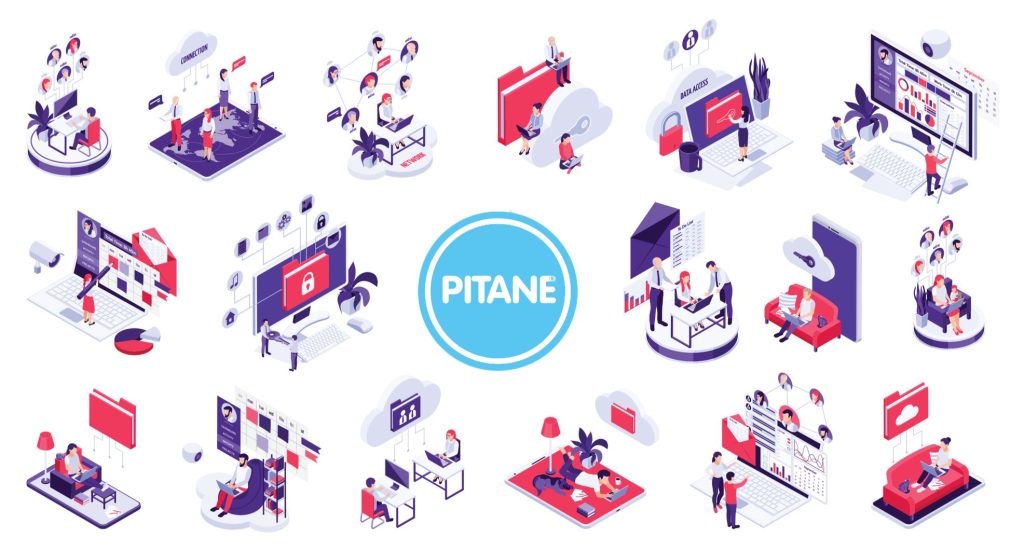The real value of data can only be realized if data is shared and reused throughout the digital economy.
Data is the new oil, only better. It has the unique feature that it is easy to share and reuse. One dataset can support an unlimited number of applications simultaneously. The EU and the Dutch government recognize the importance of sharing data. As far as Europe is concerned, companies must make data arising from the use of products and services available to those who contributed to the generation of this data. Cross-domain or horizontal measures for access to and use of data make data sharing uniform and prevent fragmentation. The government wants the Netherlands to lead the way in sharing data within and between domains.
Government stimulates market parties and domains to set up structures themselves to be able to share data with each other. In improving the data economy, the Ministry of Economic Affairs works together with involved organizations, including the Dutch Data Sharing Coalition (DSC). The DSC market initiative was launched in January 2020 with the aim of sharing data sharing between different domains. The Ministry of Economic Affairs and Climate Policy supports and facilitates the DSC. This has resulted in numerous use cases.
To name a few, we immediately think of the electronic waybill, with the aim of improving efficiency and developing new value propositions by sharing data from electronic waybill (eCMR) with insurers in a generic and controlled manner. Another example is improving the processes in dairy farming and the health of cows by organizing standardized access and disclosure of data from systems on dairy farming.

benefits
The biggest benefits of data sharing for Nederland BV in terms of direct impact are the creation of new propositions, companies, startups and jobs created by innovation in the processing of data in the data economy. Indirect impact is an increased efficiency in processes, for example through data-driven marketing, process optimization, etc. But there is also a derivative impact, such as a wide distribution of benefits of data innovation in society, such as a better customer experience. Everyone in society can benefit from the direct and indirect effects. Data sharing applications therefore not only have a social value, but also a great economic value.
challenges
However, there are also points to note. A study shows that funding, commitment and trust are key challenges in scaling use cases. Financial resources are still insufficiently organized among market parties to independently develop data sharing applications. Market parties do not see any direct benefit from sharing data across organizational boundaries, which hinders organizing commitment to develop use cases. Lack of trust about data ownership hinders development of use cases, but agreements such as BLOFT (Business, Legal, Operational, Functional, Technical) can help.
The Data Sharing Coalition builds on existing data sharing initiatives to enable data sharing between domains. By realizing multilateral interoperability between existing and future data-sharing initiatives with data sovereignty as a core principle, parties from different sectors and domains can easily share data with each other, unlocking significant economic and societal value.



